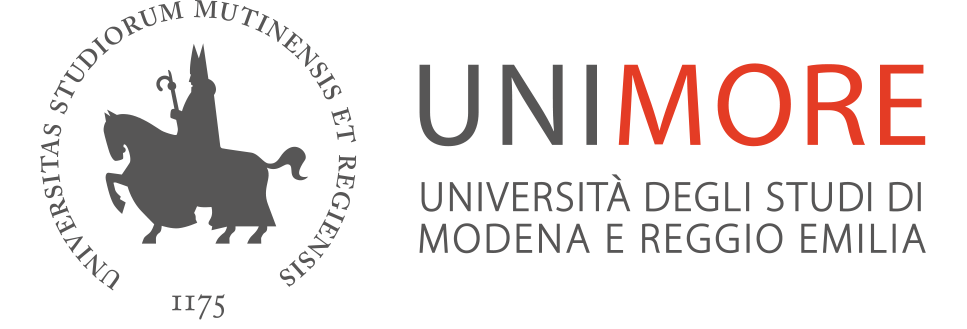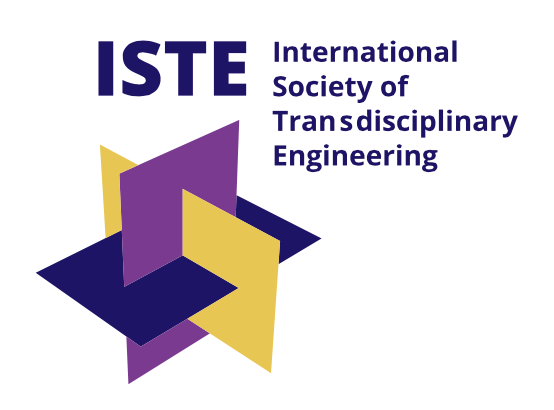The TE2018 conference theme is
“Transdisciplinary Engineering Methods for Social Innovation of Industry 4.0”
and focuses on the multidisciplinarity and transdisciplinarity that drive future innovation in the context of Intelligent Factories and Industry 4.0. The concept of Industry 4.0 outlines the vision of a smart factory characterised by the complete networking of all production parts and processes: real time control via cyber-physical systems, increased use of robots, intelligent and adaptable production systems, which should contribute to greater productivity through resource efficiency. Convergence of production and interaction, work and communication requires increasingly transdisciplinary competencies for staying economically competitive. In addition to expert knowledge, flexibility, creativity and innovation, these are critical success factors for companies and their employees. However, Industry 4.0 is not just about machines but people. The Internet of things, data and services are merging the physical and digital world. This is where knowledge-based services have a huge task ahead. People are the bearers of this knowledge and the drivers of innovation.
In this context, Industry 4.0 also needs to be promoted through appropriate innovation and engineering approaches. A special attention should be also paid to human aspects and social reflections: sustainable development, resource-efficient production system, innovative and successful economy, active participatory and collaborative processes, impact of technologies oh human beings and societies. Social innovation is a targeted reconfiguration of human-focused practices with the aim of better solving problems or satisfying needs by makes a contribution to human and social progress.
The topics include but are not limited to:
- Engineering Methods for Industry 4.0
- Sustainable Manufacturing Engineering
- Ergonomics, Human Factors and Social Sustainability
- Digital manufacturing, Modelling and Simulation
- Virtual Training and X-in-the-Loop Virtual Prototyping
- Cost Modeling, Analysis and Engineering
- Decision Supporting Tools and Methods
- Concurrent Engineering
- Agent-based modelling
- Additive and Subtractive Manufacturing
- New methods for Smart Factories and Industrial IoT
- Big Data Analytics in Manufacturing and Services
- Design of Personalized Products and Services
- Lean Thinking and Agile Manufacturing
- Health and Safety Engineering
- Enterprise Knowledge Management
- Multidisciplinary Design Optimization
- Complex Systems Engineering
- Value Engineering and Risk analysis
- Maintenance and Through-life Engineering
- Engineering methods for smart manufacturing Operations, Supply Chain and Logistics
- Advanced Robotics for Smart Manufacturing
- Human-robot collaboration



